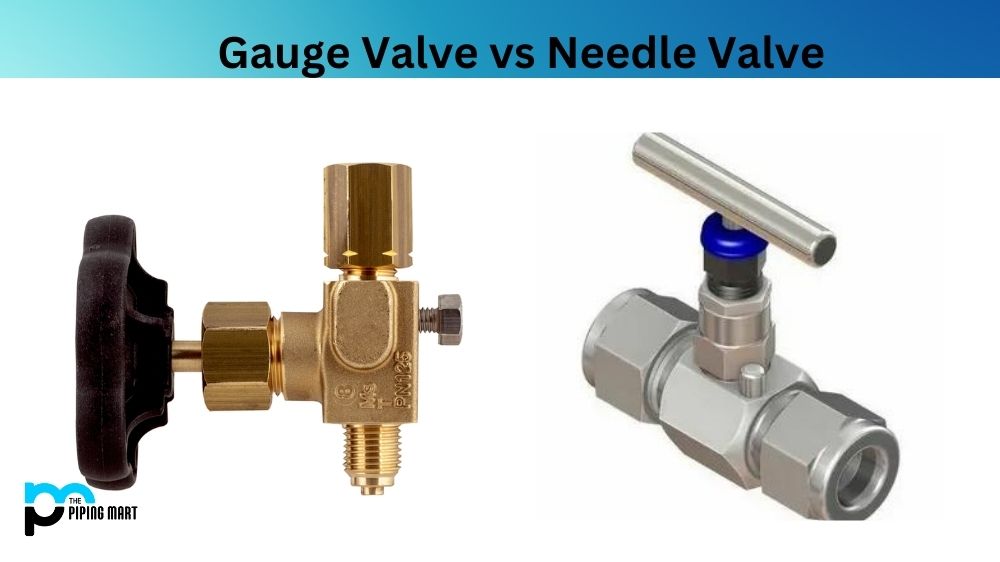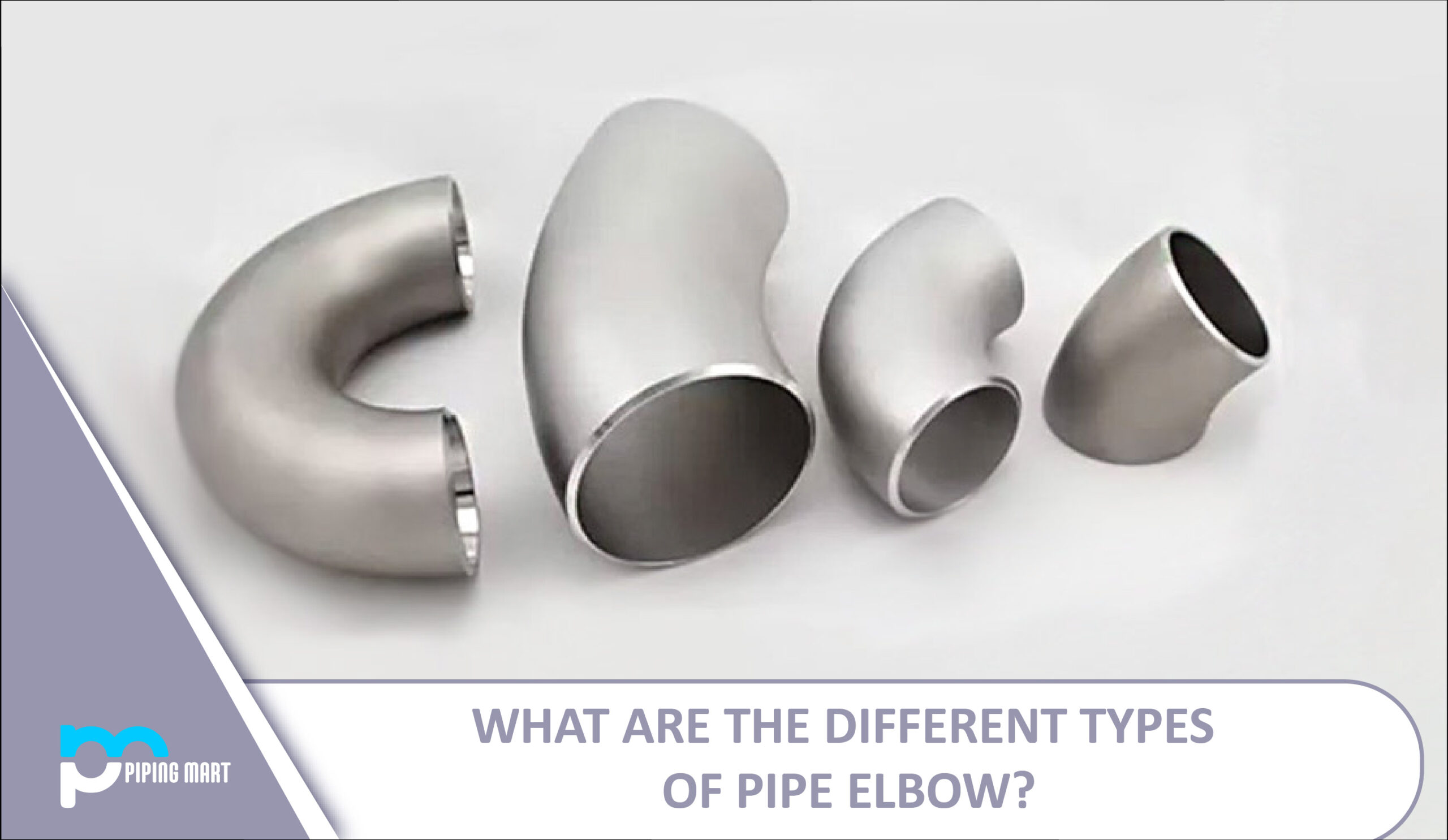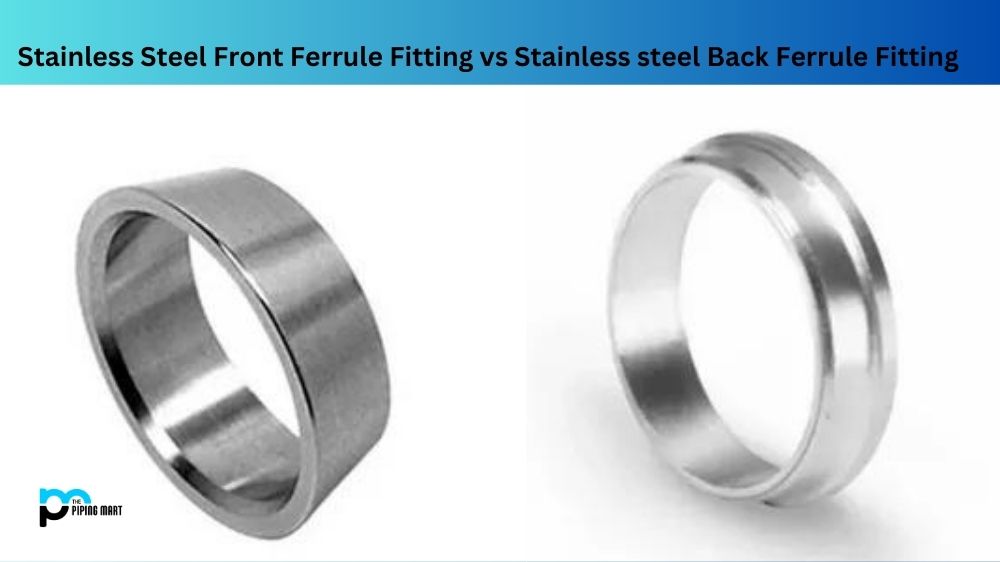When regulating fluid flows in industrial and mechanical settings, valves are the devices accountable for the job. But did you know that not all valves work the same? In this blog post, we compare two popular types of valves, gauge and needle valves, to help you understand their differences and decide which one best suits your application.
What is Gauge Valve?
Gauge valve is a device used to measure and control the pressure of liquid or gas in a closed system. It consists of a valve body, piston, and diaphragm that work together to regulate flow rate by controlling the amount of fluid allowed through an opening. The accuracy of gauge valves can be adjusted by changing the size of the diaphragm orifice and controlling backpressure within the system.
What is Needle Valve?
A needle valve is a type of valve used to regulate the flow rate of media, including liquids, gas, and even steam. It consists of a threaded needle that is inserted into the body of a coupler which regulates the flow. The size and shape of the aperture dictates how much pressure needs to be applied in order to cause it to move and thus control the flow rate.
Difference Between Gauge Valve and Needle Valve
Design:
Gauge or manifold valves feature a straight-through flow that allows ease of use and improved pressure regulation. Typically, the arrangement has 2-3 valves and an outlet port for connecting a gauge. Gauge valves are usually made of brass, steel, or another robust metal.
Needle valves come in different styles, such as screw-in needle valves, angle needle valves, and double block and bleed needle valves. As the name implies, needle valves use a pointed plunger to modify fluid flow, and their control mechanism allows for a high degree of accuracy. Needle valves are usually made of stainless steel or cast iron and are prized for their durability.
Pressure range:
Gauge valves are best suited for applications with a moderate pressure range; they typically operate below 6000 pounds per square inch (psi). However, some gauge valves are rated up to 10,000 psi. On the other hand, needle valves are mostly low-pressure valves and are commonly used for pressures in the range of 3000 psi or less.
Control accuracy:
One of the key differences between gauge valves and needle valves is the degree of precision they offer in controlling fluid flow. While gauge valves offer a relatively crude level of control, needle valves are the gold standard for accuracy. Due to their finely threaded stems and tapered flow points, needle valves provide precise, repeatable flow control suitable for the most demanding applications.
Applications:
Gauge and needle valves are widely used in various industries such as chemical, petrochemical, oil gas, water, and wastewater treatment. Gauge valves are preferred for general-purpose applications requiring moderate pressure measurement accuracy and maintaining constant, steady flows. At the same time, needle valves are typically used in critical processes where high precision is required, such as in laboratory settings for testing procedures and in hydraulic, pneumatic, and steam systems.
Price:
Another factor that can influence the choice between needle and gauge valves is pricing. Needle valves are known for their high-quality materials, pressure rating, and precision control mechanism, which are more expensive than gauge valves. Gauge valves, on the other hand, are less costly and can provide a practical solution for tasks where high precision is not critical.
Conclusion:
In summary, gauge and needle valves may look similar, but their design, pressure range, accuracy, and purpose differ vastly. If you need high-accuracy control over fluid flow, you will prefer needle valves, while gauge valves offer an affordable option for applications that do not require millimetre precision. Ultimately, the choice between gauge valves and needle valves depends on the requirements of your specific application, such as flow rate, fluid type, and pressure rating. Working with a reputable valve manufacturer or supplier that can help you select the right valve for your operations based on technical specifications and application requirements is important.
Sakshee is a talented blogger, with a particular focus on the Business and Metal Industry. She is passionate about sharing her insights on various metal products and helping professionals to make a better decisions.




